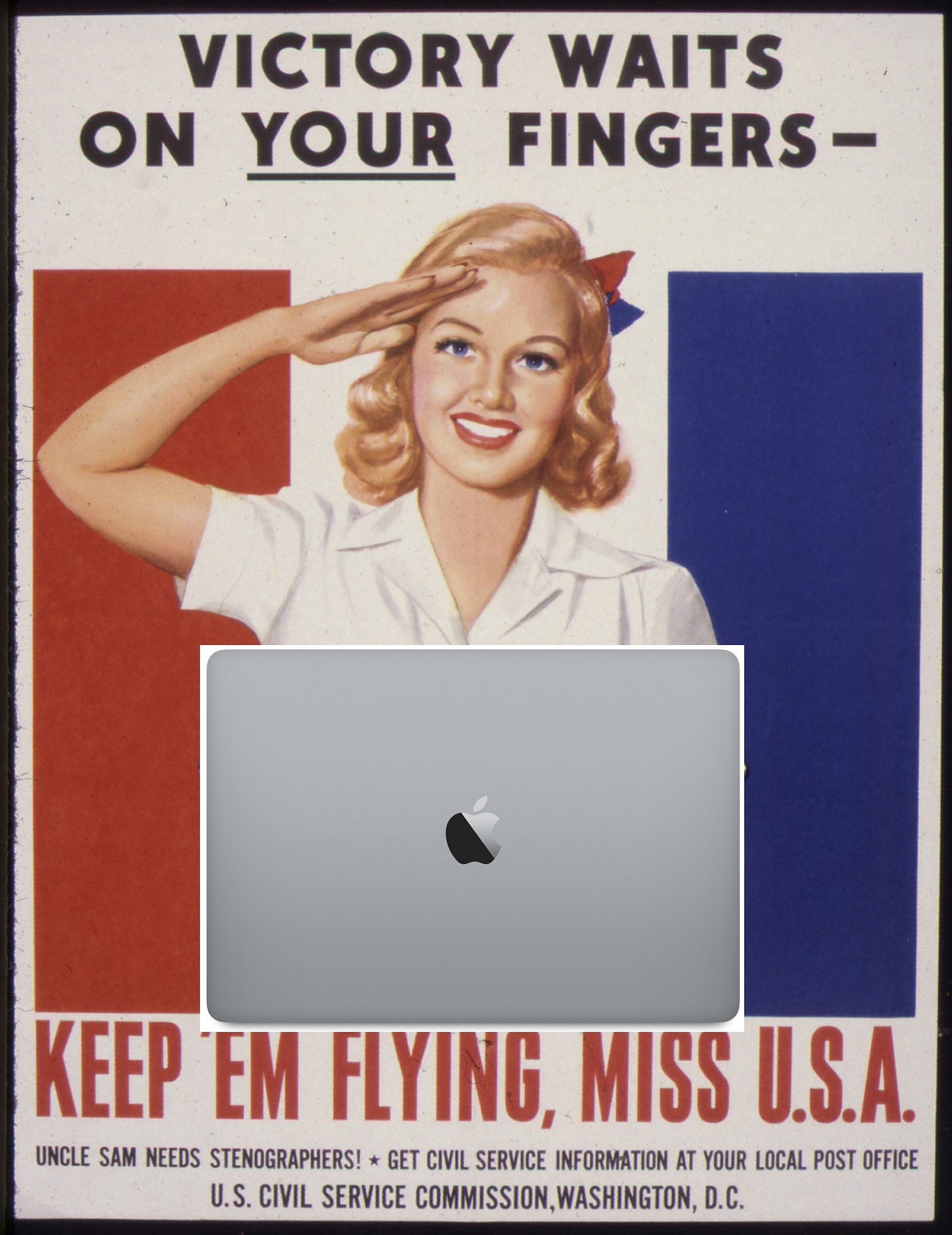CNN has the story that’s consuming my group chats: the U.S. Embassy in Qatar has issued a “shelter in place” warning for Americans in Qatar.
To date, no other Western embassy has joined in, so it’s unclear if this is a warning issued from an abundance of caution or superior intelligence networks; regardless, I was already working from home, so I’ll continue to type in place.

I’ve been thinking recently about evacuations. I’ve decided not to evacuate until mandated, but one must recognize the risks of going too early or too late. The risks of going too early might seem small but there is a sort of cowardice in it—the people of [redacted] have endured decades of strife, and you can’t handle an afternoon of nervous headlines?
And although it may not seem like it, people who are here do work here—there are jobs, and engagements, and life to be lived here. American discourse may have once again turned my workplace into a hyperobject that exists only in relationship to rhetoric, but I can’t stress enough how ordinary life remains here day-to-day.
Today, for lunch, I ordered American-style barbecue—brisket and mac & cheese. Truly this is a highway to the danger zone.
All of this might be denial, but cognitive dissonance is part of living in a region ostensibly in crisis where I’m shopping for lunch delivery deals.
The risks of going too late might seem obvious, too. If you watch too much Fox News, you might assume these are grievous: stay too late and you’ll get to see the terminal phase of one ballistic missile too many. (Although I suspect we are more in the drone zone.)
Yet let’s be real: I live in the suburbs, relatively far from targets (and not on a direct flight path between Iran and any likely targets). There would have to be a lot of missiles that are really inaccurate to make being in Doha outside of a handful of targets (you know, the red dots on all the maps of the Middle East CNN is showing you) now more dangerous than living in Tornado Alley during the storm season. Are people fleeing Oklahoma City?
Indeed, evacuations themselves are more dangerous than they may appear. Previous rounds of U.S.-Iranian tensions have led to notorious “downings” of civilian aircraft, one by the United States and one by Iran. Other evacuations have been deadly too. The circumstances involved with leaving Qatar right now, I want to stress, make these outcomes exceedingly remote, but they’re still markedly higher than before the weekend’s events.
The secondary effects of military interventions don’t attract as much attention as the glitzy graphics and timelines, but the bodies still feel the impacts.
Timing your departure is thus tricky. You want to leave before it’s too bad but not when it’s too early. And, crucially, your decision must be made relative to the expectations of others’ decisions. There’s a bank-run logic at play. If you wait for the big obvious signal to go, then everyone else who has been patiently if nervously reading embassy alerts will be making the decision to leave at the same time—and if everyone tries to buy a ticket on the same flights, then the crush to get out will be pretty severe.
To be clear, under current conditions, the 99th percentile worst-case scenario is … I might have to fly basic economy. Inconvenience compounded by humiliation. Bearing the unbearable, enduring the unendurable.
And, for now, sheltering in place—in the place of my home office, with my wartime mug of Earl Gray, because even though it’s 108 degrees Fahrenheit outside, inside I have to keep warm. Life abides. The birds chirp. So it goes.




Money shot of a great column: “My wartime mug of Earl Gray.” We feel your pain - heck, we unabashedly enjoy it. Write on!